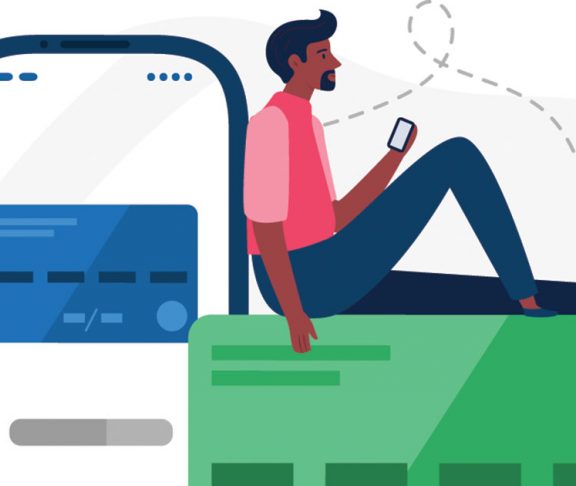Now more than ever, universities are focusing on improving their approach to the student experience, including services for academic and mental health.
Demand for mental health services at colleges and universities has been rising for years — and that was before a global pandemic led to an increase in students reporting a need for mental health support.
“The student experience connects to every aspect of campus life, both in and out of the classroom,” said John Fry, president of Drexel University in Philadelphia.
Lessons learned
While the pandemic has disrupted the student experience in unprecedented ways, there are reasons to be optimistic. According to a resident survey of American Campus Communities (ACC), the nation’s largest student housing provider, most students of the 42,000 surveyed said COVID-19 wasn’t getting in the way of their academic success.
Universities have had to monitor in new and different ways to determine if and when a student needs support. For example, Drexel University has been aggressive about reaching out to students if their grades drop. “Maybe it was just an email,” said Lisa Daughen, a mother of two Drexel students and Chairperson of the Drexel Family Association. “But letting them know there are academic support services available has been great.”
While demand for mental health services has increased, many are still unaware of their university’s offerings — just 41 percent of students surveyed by ACC were aware of the counseling services offered by their own university.
“The need for support has certainly been compounded with COVID-19,” said Beth Drewett, a mother of four, with two still in college at two different Texas universities. “It has been validating to see my sons’ universities doing all they can to reassure them they will persevere.”
The loss of the social aspect of the university experience is what students miss the most, and is one reason 85 percent of students responding to ACC’s College Student Fall 2020 Mental Health Survey reported they had higher levels of stress than the year before.
“The pressure to be academically successful along with the feeling of being short-changed for lack of social activities or even communal dining like my older sons experienced is very real,” added Drewett.
Evolving for success
To help students continue to achieve academic and personal success as the country begins to come out of the pandemic, universities will need to take these lessons and apply them across a broad range of initiatives.
“Colleges and universities must be radically student-centered,” emphasized Susan Whealler Johnston, Ph.D., president and chief executive officer of The National Association of College and University Business Officers (NACUBO). “Whether they’re learning online or in person, it’s crucial to adapt to students’ needs and provide access to services including tutoring, advising, mentoring, and physical health and mental health counseling.”
To help raise awareness about the importance of mental wellness and where to access resources, American Campus Communities has partnered with nonprofit, Hi, How Are You Project, to foster a culture of open dialogue with its more than 200 resident communities nationwide.
In addition to more mental health support resources, on- and off-campus facilities will need to cater to student needs in new ways, including reviewing dietary offerings in dining halls and fitness options like workout spaces in residence halls.
President Fry says, “Residence halls and student apartments should be renovated to combine the traditional experiences of campus life with the needs of today, such as individual study spaces — for Zoom meetings or private phone calls. We must all work to combine the in-person and online experience, ensuring that on-campus resources allow for engagement in all forms.”
To learn more about American Campus Communities’ initiatives, visit https://www.americancampus.com/.


